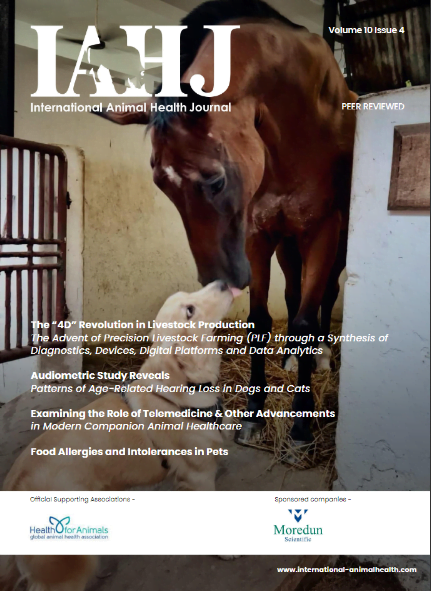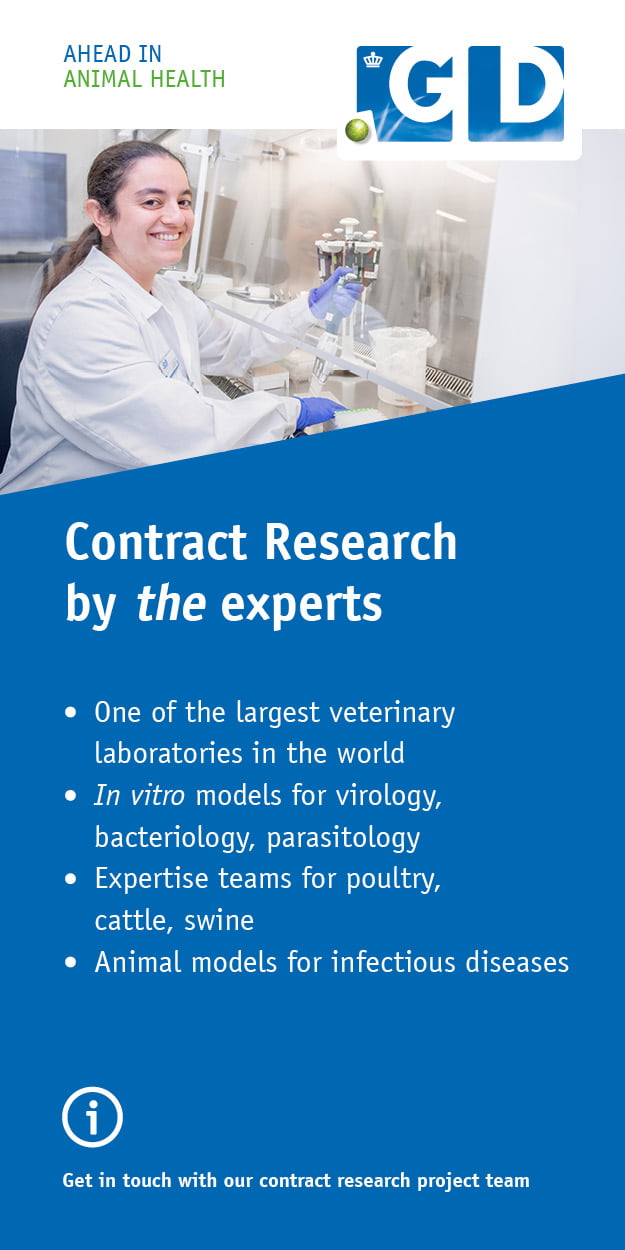Delegates at the the 3rd Milk Quality Academy were told researchers have been able to use next-generation pyro-sequencing to separate bacterial DNA from host DNA in the mammary microbiome. A scientist studying the milk microbiome in cows believes future research could lead to significant breakthroughs in prevention of bovine mastitis.
Although research is in its early stages, scientists have already discovered healthy bovine mammary glands harbour a microbial ecosystem, the mammary or milk microbiome, that contains up to 1,500 bacterial species.
They have also discovered the diversity of overall species reduces in mastitis-infected quarters, when one starts to predominate over the rest, and they hope learning more about the mammary microbiome will help in future mastitis treatment protocols.
Ynte Schukken, who has received international recognition for his epidemiological research into mastitis, was plenary speaker at the 3rd Milk Quality Academy, organised in the Netherlands by Boehringer Ingelheim Animal Health.
Prof Schukken – chief scientific officer at GD Animal Health in Deventer, the Netherlands – was involved in research with a team while at Cornell University in New York.
He told delegates – including more than 50 farm animal vets from across the UK, Europe and the US – researchers have been able to use next-generation pyro-sequencing to separate bacterial DNA from host DNA in the mammary microbiome.
Based on 16S ribosomal ribonucleic acid sequencing, they have also been able to see what bacterial species and genera are present in the milk, and showed more were present in healthy quarters.
Prof Schukken said: “This is a very interesting area. It certainly leads to probably more questions than answers, but the important thing to know is, first of all, we have an ecosystem in the mammary gland.
“If you get an intramammary challenge, you get a mastitis situation, and what you actually have is a loss of diversity. You get an overgrowth of one particular species.
“Some cows are more resilient to exotic growth compared to more susceptible cows, so there is probably some impact of the microbiome.
“[Appropriate antibacterial treatment] leads to a reduced loss of diversity, or a faster return to the normal situation.”
He said future research could lead to manipulation of the microbiome, particularly in neonates, so cows were less susceptible to mastitis.
Prof Schukken also outlined results of studies into the efficacy of Escherichia coli and Staphylococcus aureusvaccinations, as well as research carried out on the cow’s immune system.
Future research could lessen mastitis susceptibility
Animal Health Media © 2024, All Rights Reserved – Powered by Teksyte












